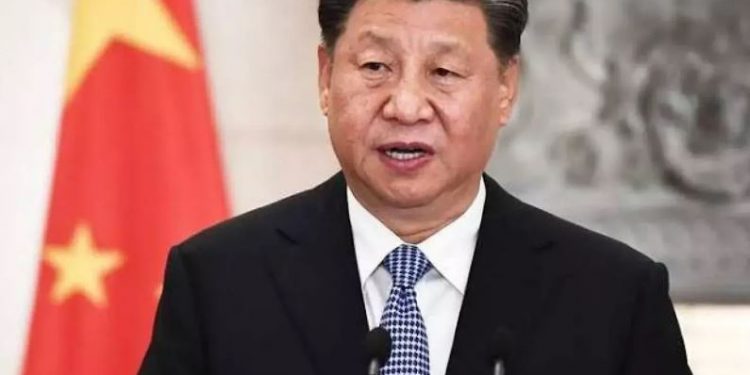New Delhi: A Nepalese government report leaked to the BBC accuses China of encroaching into the Himalayan nation along the two countries’ shared border. It is the first time there have been official claims from Nepal of Chinese interference in its territory, the BBC report said.
The report was commissioned last September following claims that China has been trespassing in the district of Humla, in the far west of Nepal.
China’s embassy in Kathmandu denies there has been any encroachment.
The Nepalese government has not yet responded to queries from the BBC.
It is unclear why the report has not yet been published. But the Nepalese government has over recent years improved ties with China to counterbalance its long-standing relationship with India, its giant neighbour to the south.
The report’s findings are likely to put pressure on these growing links with Beijing.
The border between Nepal and China runs for nearly 1,400 km along the Himalayan mountains. It was laid out in a series of treaties signed between the two countries in the early 1960s, the BBC reported.
Much of it is in remote, hard-to-reach areas. On the ground, the boundary is demarcated by a chain of pillars, set kilometres apart.
This sometimes makes it hard to know exactly where the border is located.
The Nepalese government decided to send a taskforce to Humla after reports about possible Chinese encroachment. Some claimed China had built a series of buildings on the Nepalese side of the border, the report said.
The team consisted of representatives from the police and the government.
In its report, passed to the BBC, the group found that surveillance activities by Chinese security forces had restricted religious activities on the Nepalese side of the border in a place called Lalungjong.
The area has traditionally been a draw for pilgrims because of its proximity to Mount Kailash, just over the border in China, which is a sacred site for both Hindus and Buddhists.
The report also concluded that China had been limiting grazing by Nepalese farmers.
In the same area, it found China was building a fence around a border pillar, and attempting to construct a canal and a road on the Nepalese side of the border.
But the taskforce did find that Chinese buildings originally thought to have been constructed inside Nepal had, in fact, been built on the Chinese side of the border, the report said.
The investigators found local Nepalese people were often reluctant to talk about border issues because some of them depended on continued access to Chinese markets across the border.
The report recommended Nepalese security forces be stationed in the area to guarantee security, BBC reported.






































